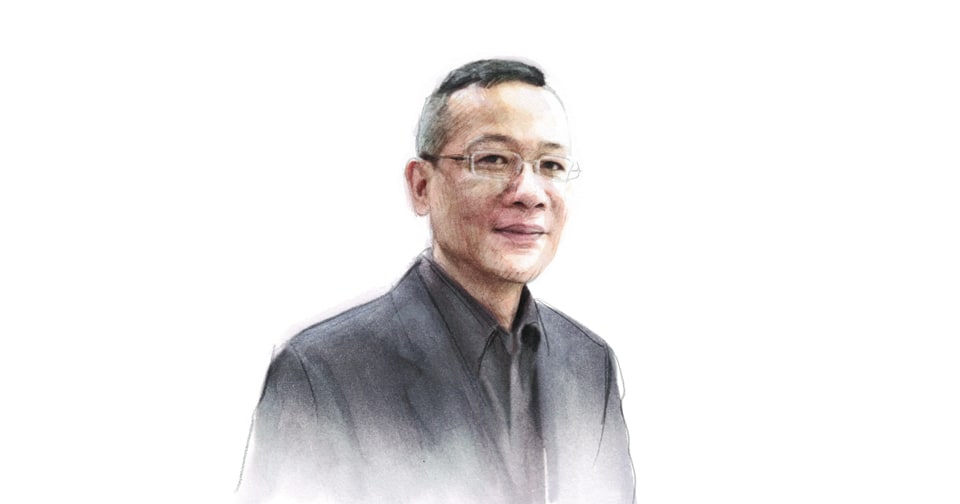
As a child, I dreamt of becoming a pilot. I was born in the sixties, and Hong Kong’s economy was weak at that point. My family was poor, and I thought that by becoming a pilot I could improve my family’s quality of life.
My father was a driver for a dairy products factory. My mother was a housewife, taking care of five of us.
When China took control of Hong Kong in 1997 I was the food and beverage director of a hotel there. At the time in Hong Kong only foreigners could become the general manager of an hotel. I felt that if I wanted to climb the ranks, I needed to move to China and work for an international hotel brand.
I had just got married to my wife that year. She didn’t want to move to China, so I joined a consultancy firm in Hong Kong, which started off my career as a foodservice consultant. In 2008, a new consultancy firm called Dishes asked me to work for them. I have been working with them for more than nine years now.
I worked in hotels for more than 30 years before I became a foodservice consultant. I had the basic knowledge, but I still spent any spare time studying. I needed basic knowledge of architectural, structural, and interior design and mechanical, electrical, and plumbing (MEP), fire codes, hygiene codes and HACCP requirements, which are different in both Hong Kong and China.
The biggest challenge to foodservice right now is China’s price war. Over 30 or 40 consultancy firms have formed in China in the past few years and most of the consultants have only three or four years’ experience in the industry. They offer unfeasibly low prices when bidding for projects but, due to lack of experience, they struggle to deliver quality service.
My advice to foodservice consultants just starting their careers: pay attention to others. If you have a chance to participate in any project meetings do it, no matter whether or not you feel it might be unrelated to your work, as you may find it very useful in the future. If you come from the operation side, pay attention to architectural, structural and MEP aspects. If you are from the MEP or interior design side, pay attention to discussions about operations, work flow, hygiene and so on.
I don’t have much free time Being a foodservice consultant means clients want to meet you personally. I spend most of my time on presentations, attending interviews, coordination meetings, and installation inspections.
I fly around China for all my projects. However, no matter how busy I am, I always try my best to spend my weekends with my wife and daughter.
Emily Lewis
